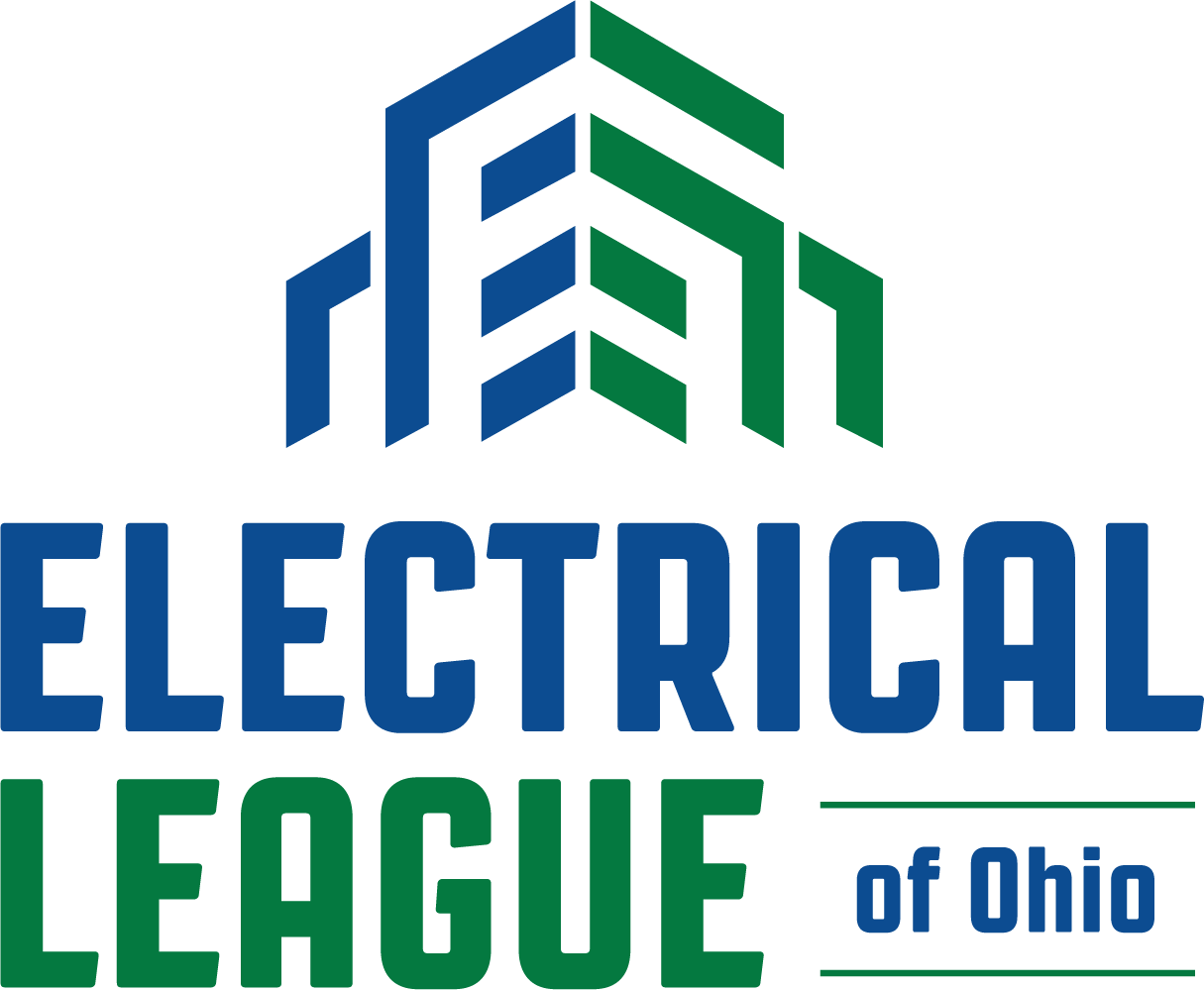The Power is Yours and the Future is Bright!
It is not just a job, it is a CAREER! And it is waiting for you!
Imagine your hard work transforming a building, neighborhood or a city! Working in our industry will give you a sense of pride and accomplishment. The electrical industry has rapidly evolved with new advancements and technology.
If you want to commit to a career that will maximize your earning potential, discover a future in our industry. It is an exciting time to choose a pathway to your future. There are many careers to choose from, and once in the electrical and lighting industry, more doors open to new opportunities.
Are you interested in:
Construction
Inspection and Planning
Distribution
Manufacturing
Engineering and Design
Utility
The electrical construction industry has many career paths and our business is bringing power, light, and communications to buildings and communities across the United States and around the world. The electrical construction industry has vast career prospects for every skill level. The most important qualities needed for every job – is motivation and commitment!
Distributors
An electrical distributor is a warehouse of thousands of products from many different manufacturers. A distributor buys product in ‘bulk’ and ‘re-sells the product’ to customers in quantities as needed. Distributors need to be knowledgeable installation and training of the products sell. To be a competitive service, Distributors provide product on demand and delivery of mass product directly to construction job sites. Distributors offer career opportunities such as warehouse stock, delivery, counter sales, inside and outside sales, project management, operations of facility warehouses and administrative tasks.
Electricians and Contractors
An electrical contractor is a person or firm that performs specialized construction work related for the design, installation, and maintenance of an electrical system. An electrician or contractor may do residential, industrial or commercial work. Each work segment has a different license and skill training. Working for an electrical contractor offers job advancements to positions as estimator, project manager, safety administrator, to name just a few!
Most importantly, electrical contractors hold a high standard for superior performance and are committed to delivering quality results. Safety is a contractors #1 priority. Contractors are the field experts at installation and implementation in electrical construction. They know the latest technology. They take the time to understand project requirements, and they find the innovative solutions to meet them. Electricians and Contractors start with an apprentice training program where you learn while you earn. Schooling can be 3-5 years, but remember, you are receiving a paycheck while you master the skills. Electrician Contractor is a physical job but as many rewards.
Manufacturers
Electrical manufacturing companies design, manufacture, test, and distribute products for use in installation and design of electrical construction projects. Products are related to electrical, lighting or communications, like light bulbs, light switches, electrical cords, fuse boxes, wire and cable, generators, security cameras, hospital imaging equipment, wifii systems. Manufactures offer career choices such in production plants, supply chain, IT, project management, engineering, administrative and sales.
Manufacturer Agent
Manufacturers may contract a special company to sell their products to customers. This career path is called a manufacturer agent. An agent sells products to customers. Manufacturer agents have good communication skills and a thirst for advancing technology. Positions may start in a warehouse, answering phones taking orders and grow to work at outside sales or project managers.
Engineering and Design
Electrical engineering is a field focused on electricity and electronics, from microscopic computer components to large power networks. Students who graduate with an electrical engineering major will have job opportunities in wide-ranging fields, from telecommunications to the computer industry to the automotive industry. Electrical engineers work on the design of electrical, lighting and communications project. They help develop the blue-print or drawings, to assist electricians and contractors with creating the construction project. Electrical Engineering requires a specific degree from a higher -learning university or college.
Utility
The electric power industry or a utility company manages the generation, transmission, distribution and sale of electric power to the general public and industry. Utility companies employ people to do jobs such as meter readers, cable splicers, line workers, plant operators, engineers, operations and customer service. There are hundreds of areas of job opportunities and at every skill level.


